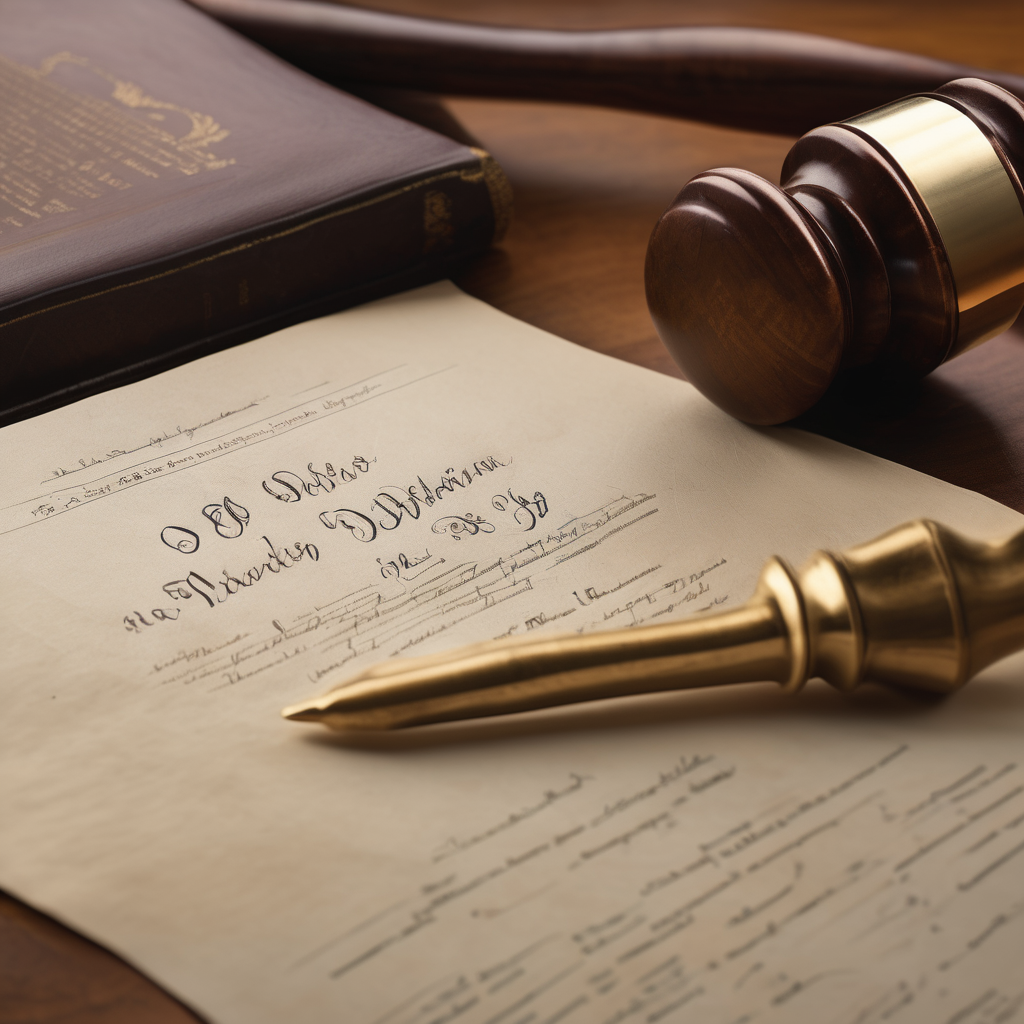OpenAI has ceased the production of deepfake videos featuring Dr. Martin Luther King Jr. via its AI application Sora, following concerns raised by his estate regarding the offensive content generated by the platform. The company recognized that the videos created were “disrespectful” to the civil rights leader, who is revered for his contributions to social justice. Following this decision, OpenAI plans to strengthen its guidelines concerning the portrayal of historical figures, although it will still allow the creation of clips featuring other well-known individuals.
Sora has gained notoriety across the United States for its capacity to generate hyper-realistic videos, leading to many internet users sharing manipulated clips of both deceased celebrities and historical icons in unrealistic or objectionable scenarios. This controversial practice has prompted reactions from relatives of the figures depicted. For instance, Zelda Williams, the daughter of late actor Robin Williams, requested that people refrain from sending her such AI-generated videos. Similarly, Dr. King’s daughter, Bernice A. King, echoed this sentiment, urging the cessation of AI-generated representations of her father, particularly those that distort his celebrated “I Have a Dream” speech.
Reports have revealed some of the AI-generated material manipulated Dr. King’s speeches inappropriately, with one notable instance editing his revered speech to include racially offensive noises. There have also been portrayals involving fictional confrontations with other prominent civil rights figures, such as Malcolm X, further igniting criticism.
Experts in AI ethics, like Olivia Gambelin, have applauded OpenAI’s decision to limit the use of Dr. King’s image. Nonetheless, she pointed out that establishing these measures should have been a priority before launching the technology to prevent such incidents. Gambelin noted the implications of creating deepfakes of historical figures extend beyond mere disrespect—they can adversely affect public perception and comprehension of historical facts and events, as they risk muddling the line between reality and fiction.
This proactive move by OpenAI reflects a growing awareness of the moral responsibilities associated with emerging technologies and underscored the importance of respecting historical legacies in the digital age. By taking these steps, OpenAI is setting a precedent for the responsible development of AI applications, ensuring that they do not contribute to historical distortion or disrespect to significant figures in society.
